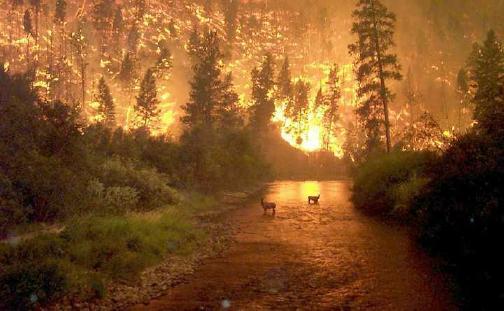Originally published April 9, 2016
There is something about spring that invigorates a person. Or maybe it’s the end of the tax return pile. Whatever the case may be, I have begun to attack the pile of papers in my garage—with a vengeance.
In the interest of time, I have started with my archives of financial records. You do not want to know how far back this stuff goes—really. It can’t just be thrown away, it must be sorted and shredded—everything with a number, name, or address, must be converted into parade confetti. I chose to start with the financial records because, quite frankly, I could quote the record retention rules in my sleep. There are a few extenuating circumstances in my history, but, for the most part, the general rules hold. This means I can whip through these boxes with relative abandon. Unlike my husband’s records, I do not have to spend time deciding if I keep, scan, or convert something to unrecognizable ash. Nor do I have to decide if a pile of documents should be sent off to some company archivist.
There is a point to this meandering and that point has to do with the shredding of a few decades of a person’s life. Watching things disappear into the blades of the shredder can be therapeutic, disheartening, and sometimes sad. Here are some of the things I am remembering/discovering about the person that was, and is, me.
Sometimes arguments cannot be resolved. No matter how hard you try, some people will never understand why you will or will not do or say some particular thing they feel so very important. Newsflash—it isn’t important anymore. Why was there so much hurt wrapped up in the struggle?
I never thought of myself as an activist; I’m discovering that when things touch me in some important way I am very much so, and have been for a long time. Among the debris of so many years was a record of how I responded to one of the worst fire seasons Western Montana has ever suffered. The photo with this post was taken during the August 2000 fire in the Bitterroot National Forest. I honestly don’t recall if that was the same year that so much of the forests in Sanders and Kootenai Counties were in flames. There were three things I undertook to change or to help alleviate the burden our fires imposed.

One was to find a way to help those that were accepting animals from areas burned or in danger of going up in flames. I contacted the Purina headquarters and they contacted their area distributors to mount a campaign to help reduce or eliminate the cost of feeding the four-legged refugees. One of the ranches accepting animals from all over the state called me personally to thank me.
Another thing I did was to contact Habitat for Humanity to ask them at the national level to look at the possibility of helping those who had lost their homes to the flames. Most people in Western Montana are pretty independent folks, and if helping someone raise a house or a barn was part of what was needed, then, well, let’s just get it done. I’m not sure if this initiative went very far. I think it was inherent in their policies that the person in need contact them. They did make sure that the local chapter made their presence known.
Next I see that I wrote a long and impassioned letter to some government official, with FEMA, I believe. The letter was impassioned but it was also thoroughly researched. For whatever reason the federal agencies engaged in fighting the fires had decided that it was an actionable crime to assist in the firefighting unless you were certified and part of their crews. In Western Montana that meant that many logging and ranching families, with the appropriate equipment, and intimate knowledge of the lay of the land, were commanded to stand down. Even if their solution could stop another 1,000 acres or so igniting while they awaited “appropriate response.” This was a fire season so devastating that multiple agencies could provide no more help than 1 person per 100 acres in flames. I personally knew many families who, forced out of the field of battle, drew back, and simply fought for their own homes and acreage. Mandatory evacuation was not an option, it was a battle cry.
There are other bits and pieces. Things I volunteered for, people I contacted in hopes of matching up a need with a solution. For instance, finding a research program for a friend whose child had a rare form of epilepsy. All from my desk on the outskirts of a tiny town in Western Montana. No money, just a phone (on dial-up internet), some skill at putting thoughts together in a logical, impassioned order, and an apparent talent for finding people to talk to.
I guess I haven’t changed all that much. I may have better tools, better resources, a more mature sense of immediacy; but I still see my primary mission in life as finding a solution to problems. It’s not all that hard to give a bit of time here and there. We all have experiences that can help other folks. Very often we know of someone, somewhere who just might know how to fix a particular problem, or knows someone who can. Just make sure you know when to say “no” or nothing gets done. Believe me, I’ve been there, too.
Be a presence in the world that draws those who need you and your unique skills. Be the solution you want to see. Someday as you sit in front of a shredder, such things may give you hope that the fight is worth the effort.


No Comments